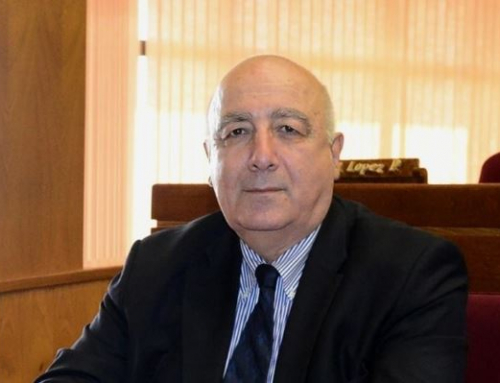On 22 October, local non-government organizations met representatives of the Analytical Department of the Ministry of Justice. At the meeting, the Ministry declared that it intends to present legislative initiatives regarding party financing to the parliament of Georgia which would reflect the recommendations offered by local and international organizations (GRECO, CoU) meant to deal with corruption in the funding of political parties. Together with the recommendations aiming at increasing transparency in party financing, the Ministry proposed regulations limiting and in certain cases restricting political party financing, a measure which contradicts certain provisions of the June 27, 2011 agreement between the ruling party and 7 political parties.
It was clear, that besides international and local observers recommendations, the Ministry of Justice considered it appropriate to introduce restriction on legal entities in whether they may contribute to a political party or donate to a party’s election Campaign Fund. It is worth mentioning, that although the Council of Europe’s Committee of Ministers recommends that member states”take measures aimed at limiting, prohibiting or otherwise strictly regulating donations from legal entities”, in the recommendations directed at Georgia international organizations did not mention the prohibition of donations from legal entities. Therefore the initiative immediately attracted the attention of the election observer organizations, which raised the questions about what motives the Ministry had for its initiative. One of the questions asked, was whether the initiative was linked to the Georgian tycoon Bidzina Ivanishvili’s recently declared interest to get involved in politics.
If we take an overview over the process of reforming the Electoral Code the questions about the motive and consequences of the initiative logically appear: the agreement between political parties, reached on June 27, 2011, proposed increased limits on donations allowed for legal entities. Although NGOs publicly expressed their concerns regarding the reasonability of the significantly raised limit of donations, the draft of the new Electoral Code, initiated soon after the agreement, still incorporated the agreement provision. Moreover, when we once again raised the issue before the Legal Committee of the Parliament while considering the draft of Electoral Code, the position of the Committee was that no changes would refer to those provisions of the Code, which reflect the text of the agreement.
Generally speaking, the idea of banning legal entities from financing political party campaigns could not be considered as negative, instead, in some ways it is more positive. Nevertheless, taking into consideration the fact that donations from legal entities comprised the significant part of the party funds during previous elections, the risks related to the financial capacity of political parties during elections must be carefully considered. Besides, if any party in government will still have access to administrative resources, then the results of the restriction will be more unfair for the opposition than for the ruling party.
In June, when political parties agreed on the amendments to the Electoral Code regarding party financing, nobody expected that the ruling party would initiate an entirely new Code in September. Besides unreasonably increased limits on party donations, the draft Code proposed the possibility for legal entities with partlystate ownership to contribute to party campaigns. These initiatives were the indication of a desire of political parties, and among the ruling party, to agree on increased opportunities for parties to obtain finances. Accordingly, the government’s new initiatives regarding significantly limiting and restricting political party financing seems inconsistent with its recent position.
In this situation, to ensure that the interests of political parties are taken into account, the transparency of the electoral law reform process and involvement of all stakeholders in it becomes especially crucial.
International Society for Fair Elections and Democracy (ISFED) with partner organizations will continue observing the Electoral Code reform process, to make sure that society and political parties are timely informed about any further initiatives and to facilitate discussions around them.
Nino Lomjaria is executive director of International Society for Fair elections and democracy. She holds a Master’s degree in law from Washington University in St. Louis, 2011, and a Master’s degree in law from Ivane Javakhishvili Tbilisi State University, 2006. She has been a lawyer and project coordinator at the Georgian Young Lawyer’s Association.





Leave A Comment
You must be logged in to post a comment.